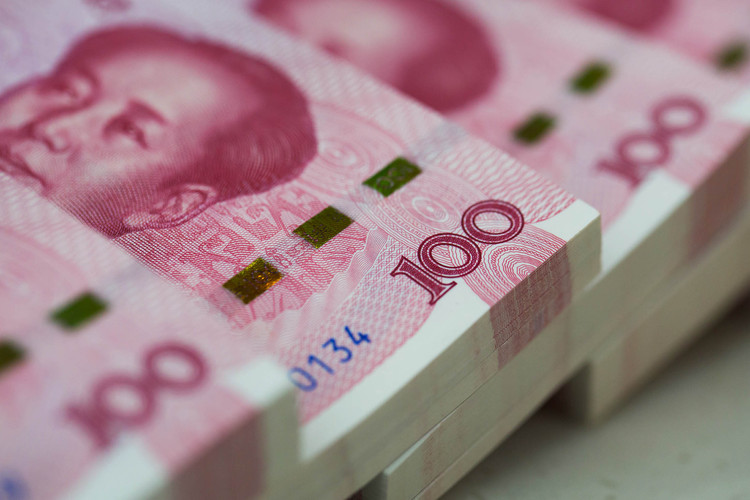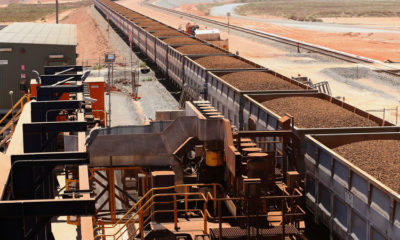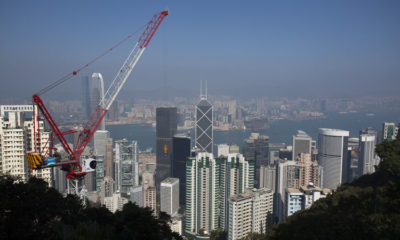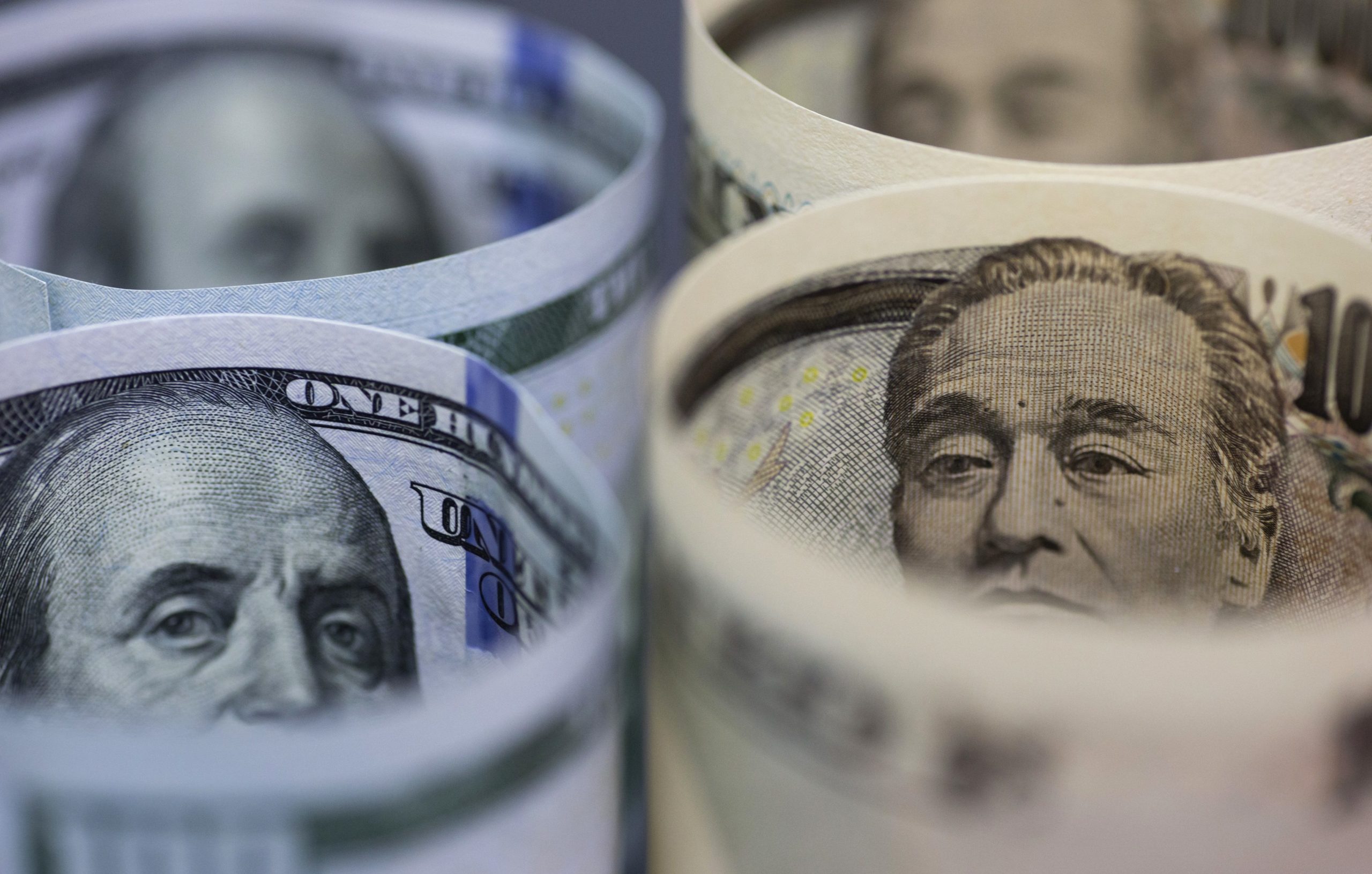When it comes to timing the Chinese equity market, stock trader Huang Weimin is hard to beat.
The self-taught hedge fund trader gained more than 6,200 percent by riding the boom and bust in Chinese stock-index futures last year, then returned another 60 percent in the first two months of 2016 by turning bearish before the market tumbled. As Chinese shares meandered over the past four months, he played it safe in cash.
Now, Huang says, the time is right to buy.
The Shanghai Composite Index may rally 18 percent next quarter as a delayed rule change for initial public offerings restricts the supply of shares and authorities keep the yuan stable before its official entry into a global basket of reserve currencies in October, Huang said in an interview. He expects Britain to vote against leaving the European Union on Thursday, removing the biggest international risk to asset prices. Even the unlikely event of a Brexit won’t derail the ascent of Chinese stocks, he said.
“There could be a rare rally for global risk assets across the board,” said Huang, 46, who’s now managing separate accounts for clients after liquidating his hedge fund at the end of February as part of his shift into cash. “The third quarter is very much worthy of a rebound for the market, at home and abroad.”
Huang, a virtual unknown in financial circles until last year, became a star of the Chinese futures market after his Yourong Fund surged to the top spot among 310 private funds tracked by Shenzhen Rongzhi Investment Consultant Co. in 2015. His newfound optimism is shared by a growing number of Chinese hedge funds, which are adding to equity positions even after MSCI Inc. refused to include the nation’s local shares in its benchmark indexes this month.
More than half of domestic hedge funds planned to boost stock holdings in June, compared with 4.6 percent that wanted to cut exposure, according to a survey by Shenzhen Rongzhi released June 6. More than 90 percent of the funds said the MSCI rejection won’t change the course of the market, a separate poll after the announcement showed.
Fed Risk
While Huang is turning bullish for the third quarter, he’s less positive about the end of this year and 2017. The Federal Reserve will probably increase interest rates after the U.S. presidential election in November, he said, putting pressure on stocks.
“Before the end of September, the market is in a stability-first mode,” Huang said by phone from Xiamen, in China’s southern Fujian province. “2017 can be risky, when all the support is gone.”
The Shanghai Composite is unlikely to surpass 3,430, or 30 percent above this year’s intraday low of 2,638.30, for the next two to three years, Huang said, citing comparisons with a similar period of range-bound stock movements before a 2005 reform that removed restrictions on previously untradable state-owned shares. The market may reach its high next quarter as the government stabilizes the yuan before its inclusion in the International Monetary Fund’s Special Drawing Rights, he said.
Weakness in the Chinese currency last year helped spark a $5 trillion rout in domestic shares, bringing an end to the country’s longest-ever bull market. Mainland stocks have struggled to recover since then, with the Shanghai Composite losing 18 percent this year through Wednesday.
While authorities are planning a new registration-based system for IPOs that would curb the government’s ability to control the pace of share sales, China Securities Regulatory Commission Chairman Liu Shiyu said in March that policy makers need more time to prepare the rules. More than 800 Chinese companies have applications pending for IPOs.
The nation’s top legislature has granted a two-year window to amend the IPO system, which has given the stock market a reprieve, Huang said. Once it becomes clear that a change is imminent, likely sometime next year, the Shanghai gauge could drop to as low as 2,000, Huang said. He also cited other concerns such as swelling local government debt and a growing number of defaults.
For now, though, Huang is bullish. Among his top picks are agriculture and chemical stocks, which he anticipates will benefit from a rally in commodities.
“I’m expecting some handsome profits in the third quarter.”


 Forex3 weeks ago
Forex3 weeks ago


 Naira2 weeks ago
Naira2 weeks ago
 Billionaire Watch2 weeks ago
Billionaire Watch2 weeks ago




 Naira3 weeks ago
Naira3 weeks ago




 Naira2 weeks ago
Naira2 weeks ago




 Naira1 week ago
Naira1 week ago




 Naira4 weeks ago
Naira4 weeks ago




 Naira4 weeks ago
Naira4 weeks ago





















